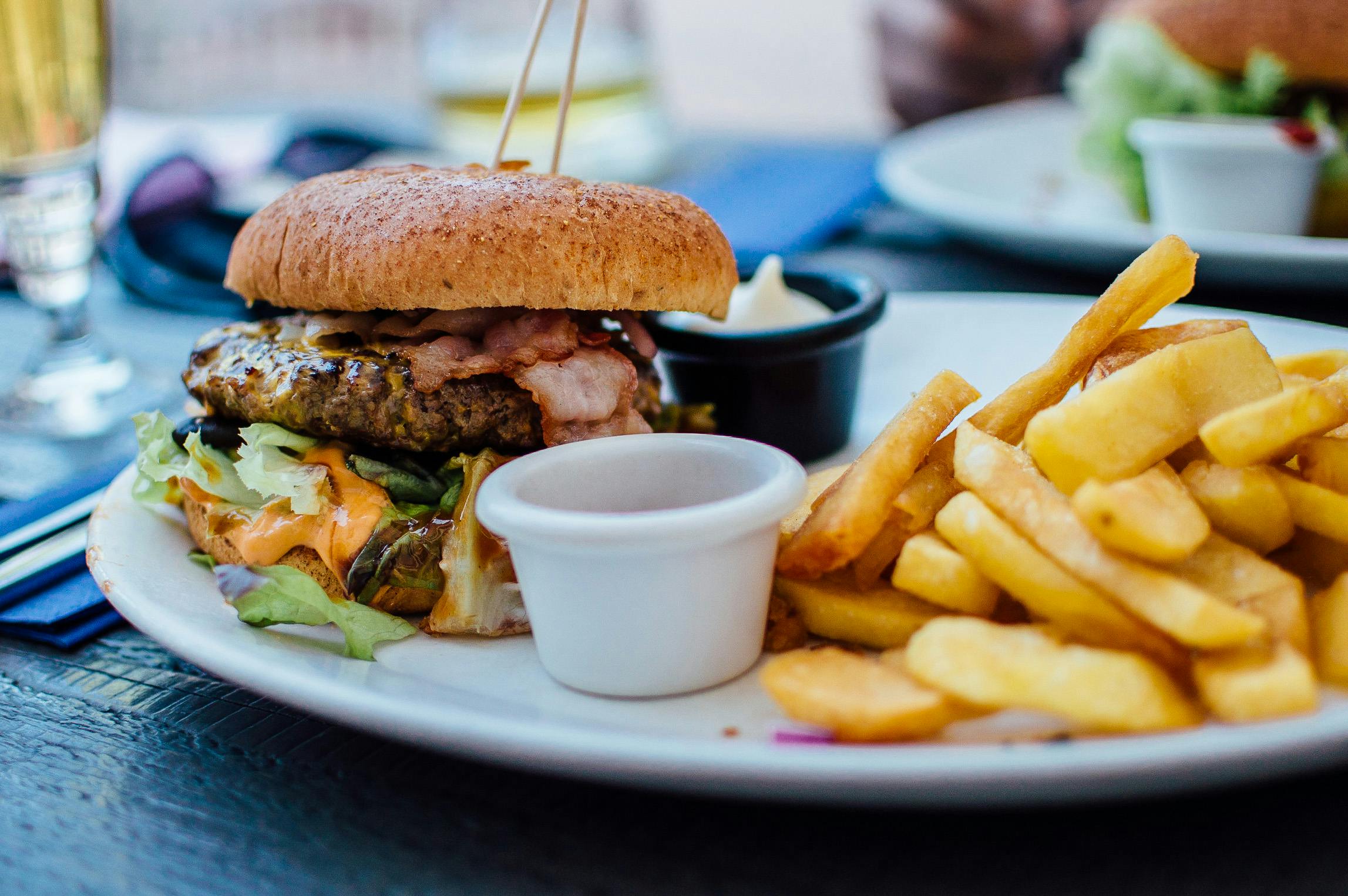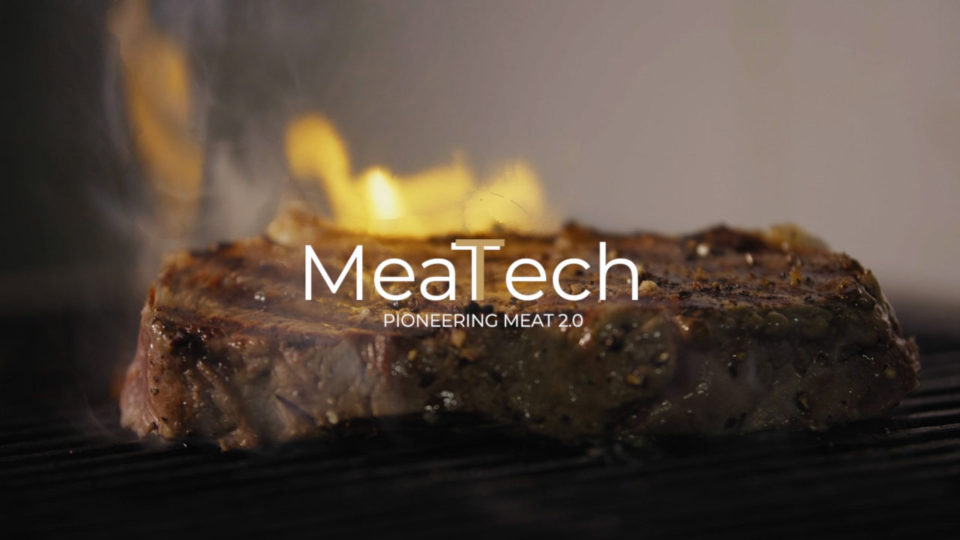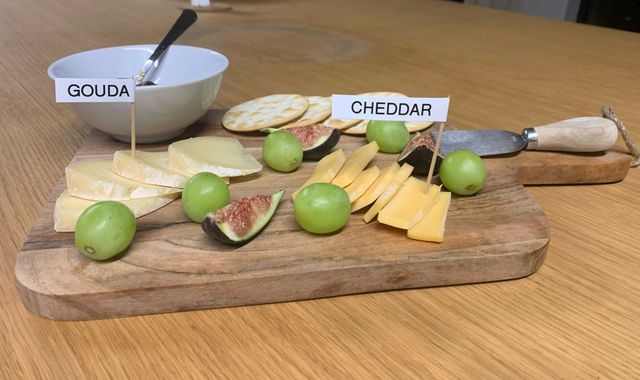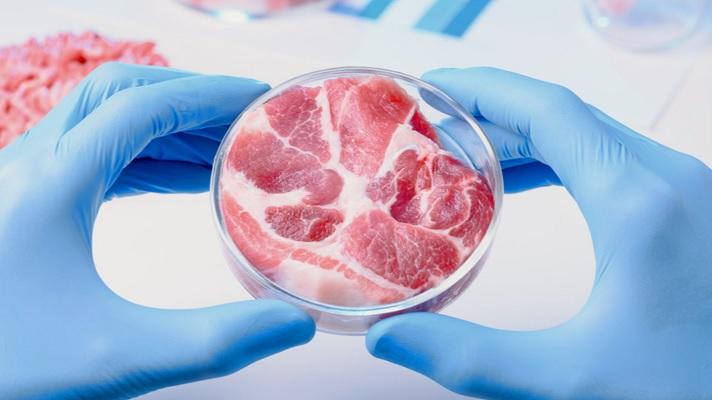The regulatory landscape for cultivated meat is advancing, with Food Standards Australia New Zealand (FSANZ) launching the second round of public consultation on the approval of cultivated quail as food. This initiative marks a significant step in Australia’s journey toward embracing lab-grown meat as a sustainable and ethical alternative to conventional meat products.
The consultation process stems from an application filed by Vow, an Australian cultivated meat company that has developed innovative quail-based products, including logs, rolls, and patties. FSANZ’s thorough scientific evaluation in 2023 affirmed the safety of cultivated quail, clearing the path for regulatory approval pending public and stakeholder feedback.
During the first public consultation in December 2023, FSANZ addressed consumer concerns, particularly around labeling regulations to prevent confusion between cultivated and conventional products. Based on extensive evidence and submissions, FSANZ now proposes a standards-based approach that will streamline approval for Vow’s products and future cultivated foods that meet stringent safety criteria.
Vow’s Innovation: Bringing Cultivated Quail to the Table
What Makes Cultivated Quail Unique?
Cultivated quail is produced using advanced cellular agriculture, a process that involves growing quail cells in bioreactors under controlled conditions. These cells are combined with other ingredients to create food products like patties, logs, and rolls, which replicate the taste, texture, and nutritional qualities of traditional quail meat.
Vow, the company behind this innovation, has positioned itself at the forefront of cultivated meat technology. By focusing on alternative proteins, Vow aims to offer consumers a more sustainable and ethical choice without compromising on taste or quality. Cultivated quail not only reduces the environmental impact associated with traditional farming but also eliminates concerns related to animal welfare and food safety.
The introduction of cultivated quail products in Australia signifies a groundbreaking step in the food industry, aligning with global efforts to address sustainability, climate change, and the growing demand for protein-rich foods.

FSANZ’s Role in Ensuring Safety and Standards
The approval of cultivated quail is contingent on strict regulatory evaluations conducted by FSANZ. Last year, FSANZ conducted a scientific risk assessment, concluding that cultivated quail is safe for human consumption. This assessment considered factors such as food composition, nutritional quality, allergenicity, and overall safety of the cultivation process.
FSANZ’s role extends beyond safety evaluations to addressing consumer concerns. During the first round of public consultation, the focus was on developing labeling regulations to prevent confusion. By ensuring transparency, FSANZ seeks to build trust among consumers and provide clarity about the nature of cultivated meat products.
In the current round of consultation, FSANZ proposes a standards-based framework that simplifies the approval process. This approach not only benefits Vow but also opens doors for other companies to introduce innovative cultivated food products in Australia.
Bridging Innovation and Consumer Acceptance
Vow’s cultivated quail products represent the future of sustainable food production. However, consumer acceptance remains a key challenge. By actively participating in the public consultation process, stakeholders can help shape the regulatory framework to ensure that cultivated meat aligns with consumer expectations.
Through transparent labeling and clear communication, FSANZ and Vow are working to overcome skepticism and encourage the adoption of lab-grown meat. The second consultation round offers an opportunity for industry leaders, scientists, and consumers to voice their opinions and contribute to a food system that prioritizes sustainability, ethics, and innovation.
Why Cultivated Meat Matters for Australia
Addressing Environmental Challenges
The introduction of cultivated quail is a step toward addressing Australia’s environmental challenges associated with traditional livestock farming. Conventional meat production is resource-intensive, requiring significant amounts of land, water, and feed, while also contributing to greenhouse gas emissions. Cultivated meat offers a sustainable alternative with a much lower environmental footprint.
By growing meat directly from animal cells, companies like Vow can significantly reduce land use, deforestation, and water consumption. This innovation supports Australia’s commitment to combating climate change and building a more sustainable food system for future generations.
As demand for protein continues to rise, cultivated meat provides a viable solution that balances food security with environmental stewardship.

Enhancing Food Security and Supply Chains
Food security is a pressing concern in Australia and globally. Cultivated meat has the potential to strengthen food supply chains by offering a reliable, scalable, and local source of protein. By reducing dependence on traditional farming, Australia can ensure consistent food production that is less vulnerable to climate change, disease outbreaks, and supply chain disruptions.
Vow’s cultivated quail products demonstrate how technology can enhance food resilience. By producing meat in controlled environments, the risk of contamination and foodborne illnesses is minimized. This not only improves food safety but also provides a steady supply of nutritious, high-quality protein.
For Australia, cultivated meat represents an opportunity to lead in food innovation and contribute to global efforts to address food insecurity.
Aligning with Ethical and Consumer Trends
As consumers become increasingly aware of the ethical and environmental impacts of their food choices, the demand for alternatives like cultivated meat is growing. Cultivated meat eliminates the need for animal slaughter while delivering the same taste and experience as traditional meat.
Vow’s cultivated quail appeals to consumers who are looking for ethical and sustainable options without compromising on flavor or quality. By aligning with these trends, cultivated meat has the potential to reshape the food industry and redefine how meat is produced and consumed.
Australia’s proactive approach to regulating cultivated meat reflects its commitment to innovation, ethics, and sustainability.
The Role of Public Consultation in Shaping the Future of Food
Why Public Feedback Matters
Public consultations play a critical role in shaping the regulatory framework for cultivated meat. By inviting feedback from stakeholders, FSANZ ensures that the final standards reflect the views of industry leaders, scientists, policymakers, and consumers. This transparent approach fosters trust and encourages collaboration among all parties involved.
The second round of public consultation focuses on refining the regulatory framework to address concerns raised during the first round. This iterative process ensures that cultivated meat products, like Vow’s cultivated quail, meet the highest safety, ethical, and labeling standards.
Ensuring Transparency and Trust
One of the key concerns surrounding cultivated meat is consumer confusion. FSANZ’s proposal to implement clear labeling regulations addresses this issue by ensuring that cultivated meat products are accurately represented in the market. By providing clear information, consumers can make informed decisions about their food choices.
Transparency builds trust and helps overcome skepticism surrounding new food technologies. The public consultation process allows consumers to engage with the science and benefits of cultivated meat, fostering greater acceptance and understanding.

Shaping a Sustainable Future Together
The approval of cultivated quail is not just a milestone for Vow but also a step toward a more sustainable and ethical food system in Australia. By participating in the public consultation process, stakeholders can contribute to the development of regulations that support innovation while addressing consumer concerns.
FSANZ’s commitment to transparency, safety, and public engagement ensures that cultivated meat products meet the needs of both the market and the environment. Together, industry leaders, regulators, and consumers can shape a future where sustainability and innovation go hand in hand.
Conclusion: A Bold Step Toward Food Innovation
The public consultation on cultivated quail marks a pivotal moment in Australia’s food innovation journey. With FSANZ leading the way and Vow pioneering cultivated quail products, Australia is poised to embrace a future of sustainable, ethical, and resilient food production.
By supporting cultivated meat, Australia can address environmental challenges, enhance food security, and align with consumer demands for ethical alternatives. The success of this initiative depends on collaboration, transparency, and public engagement.
As cultivated quail moves closer to regulatory approval, it sets the stage for a future where technology and sustainability transform how we produce and enjoy meat.









